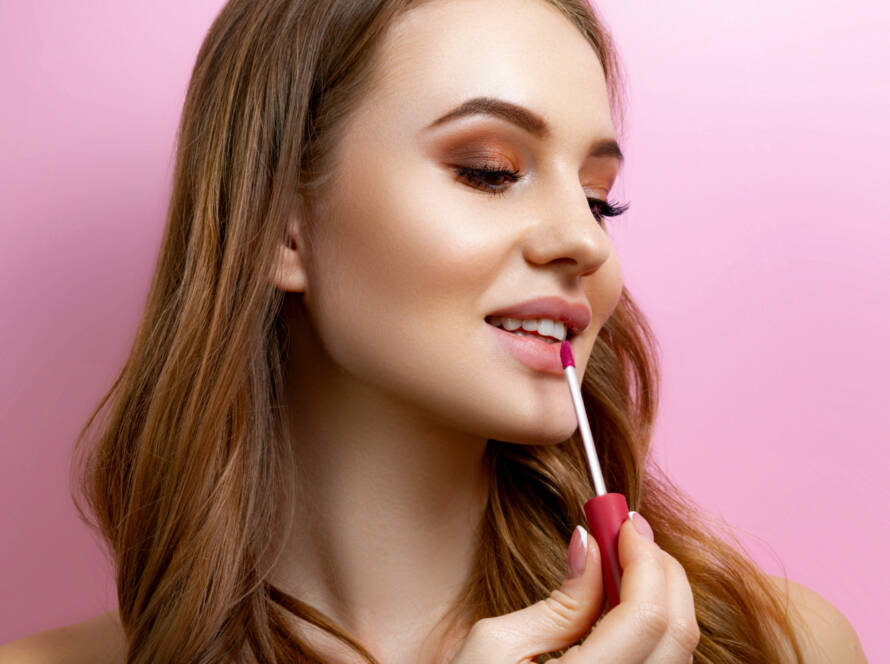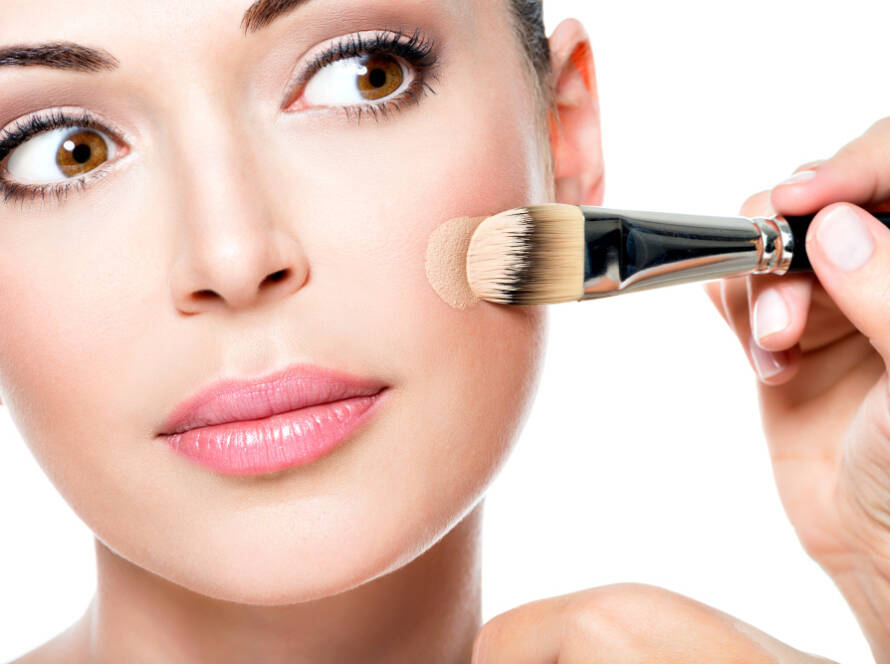Introduction:
Ladies, have you ever wondered who formulates the products you put on your face, hair, and body every day? Well, as it turns out, the answer may surprise you. Contrary to common belief, most cosmetic companies don’t hire real chemists to formulate their products. Instead, they tend to hire professionals with backgrounds in marketing, aesthetics, or even fashion design! In this blog post, we’ll explore why this is the case and shed light on the science behind cosmetics.
The primary reason why cosmetic companies don’t hire real chemists is that they don’t necessarily need them! While there is indeed science involved in formulating beauty products, it’s not the same kind of science taught in traditional chemistry classrooms. Cosmetic science is a unique field that blends aspects of chemistry, biology, and materials science to create products that are safe, effective, and appealing to the consumer.
Another reason why chemists aren’t prevalent in the cosmetics industry is that it’s a very competitive field. With so many companies vying for market share, the focus is often on brand image, trends, and marketing savvy rather than purely scientific innovation. Nonetheless, established beauty brands typically employ scientists to conduct thorough safety and quality testing on their products to ensure that they are safe for general use.
It’s also worth noting that the field of cosmetic science is becoming increasingly specialised. As such, many experts in the industry come from a variety of backgrounds, including biochemistry, chemical engineering and materials science. Companies typically look for individuals who have a keen eye for detail, good laboratory skills, and the ability to understand the needs and preferences of the consumer.
Despite the lack of real chemists creating beauty products, there’s no denying that science plays a vital role in the industry. Without it, we wouldn’t have innovative formulas, cutting-edge technologies, or safe, effective products. Because cosmetic science is such a unique field that blends aspects of many scientific disciplines, it’s essential that companies invest in research and development to stay ahead of the curve.
Conclusion:
While real chemists may not be commonplace in the beauty and cosmetics industry, there’s no denying that the science behind these products is complex and multifaceted. From the blending of chemical compounds to the creation of new, innovative formulas, cosmetic science is vital to creating safe, effective, and appealing products that consumers are eager to try. While popular misconceptions about the role of chemists in the industry persist, it’s important to recognise that experts from a range of scientific backgrounds come together daily to create the products we use and love.




